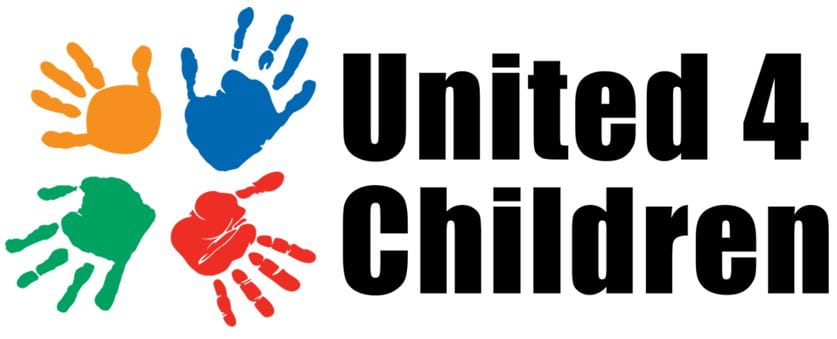
When families are constantly coping with poverty and racism, access to high-quality early childhood education (ECE) is limited. The result – this early educational gap increases the likelihood of a child coming into contact with the criminal legal system. On August 25, United 4 Children presented their webinar, Building the Preschool to Promise Pipeline.
Co-sponsored by Washington University’s Clark-Fox Policy Institute and Moderated by United 4 Children’s Executive Director, Deanna Finch, this event streamed as part of thed Foundation to Thrive Webinar Series and with an expert panel examined race and class as barriers to early childhood education and the disproportionate incarceration of low-income and minority children. This panel included Dr. Jami Swindell, assistant professor at Fontbonne University, and Nakatia Clay, Southeast Regional Coordinator of the non-profit, Missouri Parents Act, MPACT. The group discussed existing barriers to early childhood education, and solutions to creating secure, educational environments that equip children to grow into productive, healthy members of society.


Co-sponsored by Washington University’s Clark-Fox Policy Institute and Moderated by United 4 Children’s Executive Director, Deanna Finch, this event streamed as part of thed Foundation to Thrive Webinar Series and with an expert panel examined race and class as barriers to early childhood education and the disproportionate incarceration of low-income and minority children. This panel included Dr. Jami Swindell, assistant professor at Fontbonne University, and Nakatia Clay, Southeast Regional Coordinator of the non-profit, Missouri Parents Act, MPACT. The group discussed existing barriers to early childhood education, and solutions to creating secure, educational environments that equip children to grow into productive, healthy members of society.
One major discussion of the panel centered on the key to high-quality Early Childhood Education (ECE), high-quality teachers. During her discussion, Swindell touched on the fact that only half of ECE teachers have obtained a secondary degree. She shared that when ECE teachers are equipped with formal education and training, they are able to provide the highest level of care and instruction for the children they serve. When addressing the root cause of why only half of ECE teachers have a secondary degree, Swindell noted that there is a significant gap between what it costs to become a certified ECE teacher and what ECE teachers are paid. When seeking careers in ECE, teachers often must adhere to numerous education requirements including training and exams that are expensive and often must be paid for out of pocket. As costly as these trainings and certifications can be, they do not compare to the significant price tag of a secondary degree. As a result, ECE teachers are expected to take on substantial debt and minimal pay, which further widens pay inequities for teachers in the ECE profession. This expectation is unsustainable and threatens the quality of education that children ages 0-5 receive. ECE is an invaluable resource, and teachers must be provided with all the resources and knowledge needed for them to do their best work.
In addition to creating the best, most sustainable environment for our ECE teachers, Clay identified that both teachers and schools need to be better equipped to work with students who are enduring trauma. She spoke about the many ways MPACT has worked with schools to help children experiencing trauma. One evidence-based practice MPACT has promoted is increased communication between police officers and school administration. In this practice, any officer who reports to a violent crime scene where a minor is present, must inform the school. They are not to divulge any confidential information or the manner in which the minor was involved, only that they were present. This increase in communication ensures teachers are not blindsided by unusual behavior or respond in a way that could compound the child’s trauma. As Clay stated, “awareness is crucial to teachers’ ability to care for their students.”
To learn more about the importance of early childhood education read the Clark-Fox Policy Institute’s report Launching Lifelong Success and register for the next Foundation to Thrive Webinar Series taking place on November 17 click here.
This story was written by Clark-Fox Policy Institute practicum student, Alyssa Burris. Alyssa is a MSW student at the Brown School at Washington University in St. Louis.